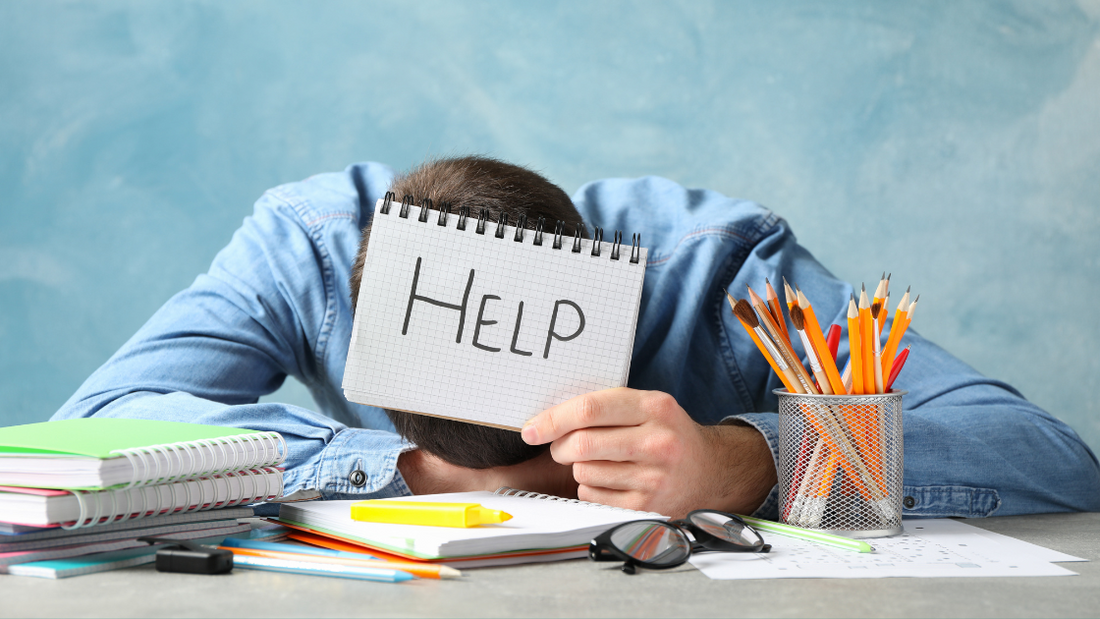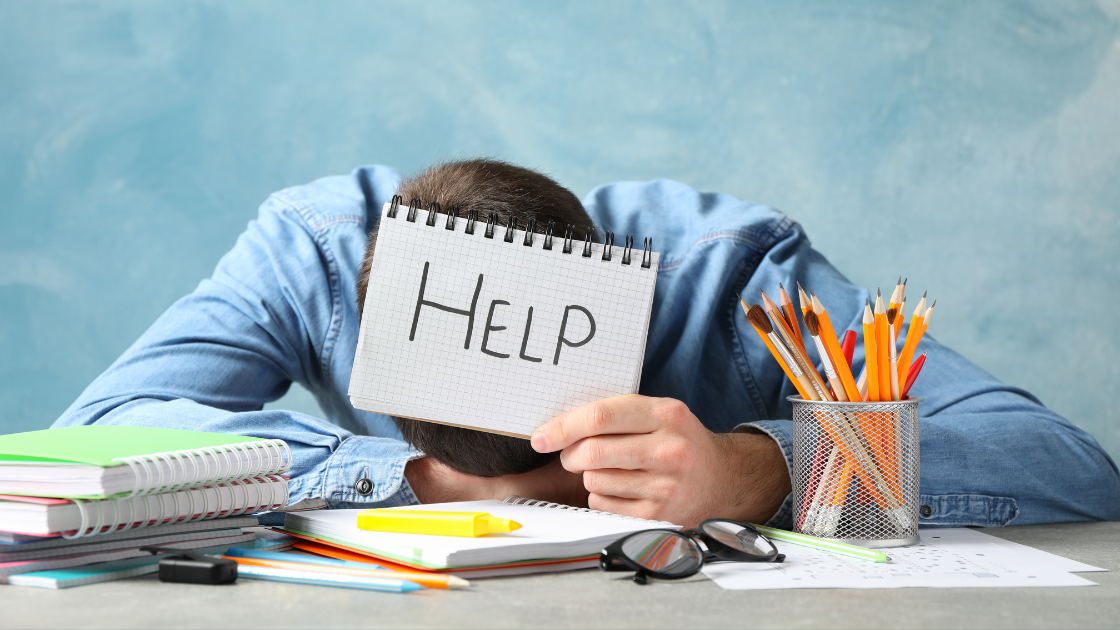If you think you might have insomnia, it's important to know what steps to take in order to address the problem. In this article, we’ll cover what insomnia is and its symptoms, as well as the causes, treatment options, risks associated with it, and advice on how to tackle it here in Australia.

What Is Insomnia And What Are Its Symptoms?
Insomnia is a condition that disrupts a person's ability to sleep or get enough restorative sleep on a regular basis. People affected by insomnia may feel unrested when they wake up and report higher levels of fatigue during the day. Other common symptoms include difficulty getting to or staying asleep at night, waking up frequently throughout the night, an early-morning awakening (long before your alarm goes off), feelings of depression or anxiety about not sleeping well, and daytime irritability or fatigue.
What Are Some Of The Causes Of Insomnia?
Insomnia is often caused by stress and anxiety but can also be caused by other factors such as physical discomfort like chronic pain or breathing problems; taking certain medications; working shift work; drinking too much caffeine during the day; or having an underlying medical condition.
How Can You Treat Insomnia?
Fortunately, there are many treatments available for those who suffer from insomnia.
Common treatments are lifestyle changes such as limiting caffeine after lunchtime, avoiding long naps during the day and maintaining a consistent sleep schedule; cognitive-behavioral therapy (CBT), which helps people change their thoughts and behaviors related to sleep; relaxation techniques such as yoga or meditation; over-the-counter sleeping medication like melatonin; prescription medication such as benzodiazepines that promote sedation; and light therapy where bright light exposure early in the morning stimulates hormones needed for normal circadian rhythms.
Some of these rarer treatments include acupuncture, hypnotherapy, cognitive stimulation therapy (CST), and sleep restriction therapy (SRT). Acupuncture focuses on the insertion of needles into specific points on the body to improve the quality of sleep by stimulating the nervous system. Hypnotherapy is a way to access the subconscious mind to help address underlying causes of insomnia. CST helps to address problems like difficulty concentrating or focusing during daytime hours due to prior nights of inadequate sleep. SRT works by reducing total time spent in bed which can lead to improved restorative sleep when bedtime is limited only to when you actually feel sleepy.
Are There Any Risks Associated With Insomnia?
It’s very important for individuals with insomnia to seek help from a professional if their symptoms become persistent. Untreated chronic insomnia can potentially lead to health issues including poor concentration and focus at work/school, decreased productivity at work/school, impaired performance during physical activity due to lack of energy, weight gain due to poor hormone regulation during sleep deprivation periods, exacerbated psychiatric illnesses such as depression and/or anxiety disorders, heart disease due to prolonged arousal states during times of restlessness, weakened immunity due to prolonged imbalance of cortisol production leading up toward potential infections or illnesses - all these among other clinical conditions that may develop if adequate assistance isn’t sought out when needed.
It's important at this point to clarify that Sleep Dreams are not medical professionals, we gather our insights from reputable sources but if you are concerned with anything medical please consult your doctor.
What Should You Do If You Think You Have Insomnia?
If you live in Australia and think you might have insomnia then getting appropriate help quickly can make all the difference for your long-term wellbeing.
Talk with your doctor about your symptoms so they can rule out any underlying medical condition that may be affecting your ability to sleep properly. Your doctor may refer you for further testing with a specialist like a psychologist who will conduct further diagnostic assessments in order to identify the cause of your insomnia before recommending one of several available treatments.

























